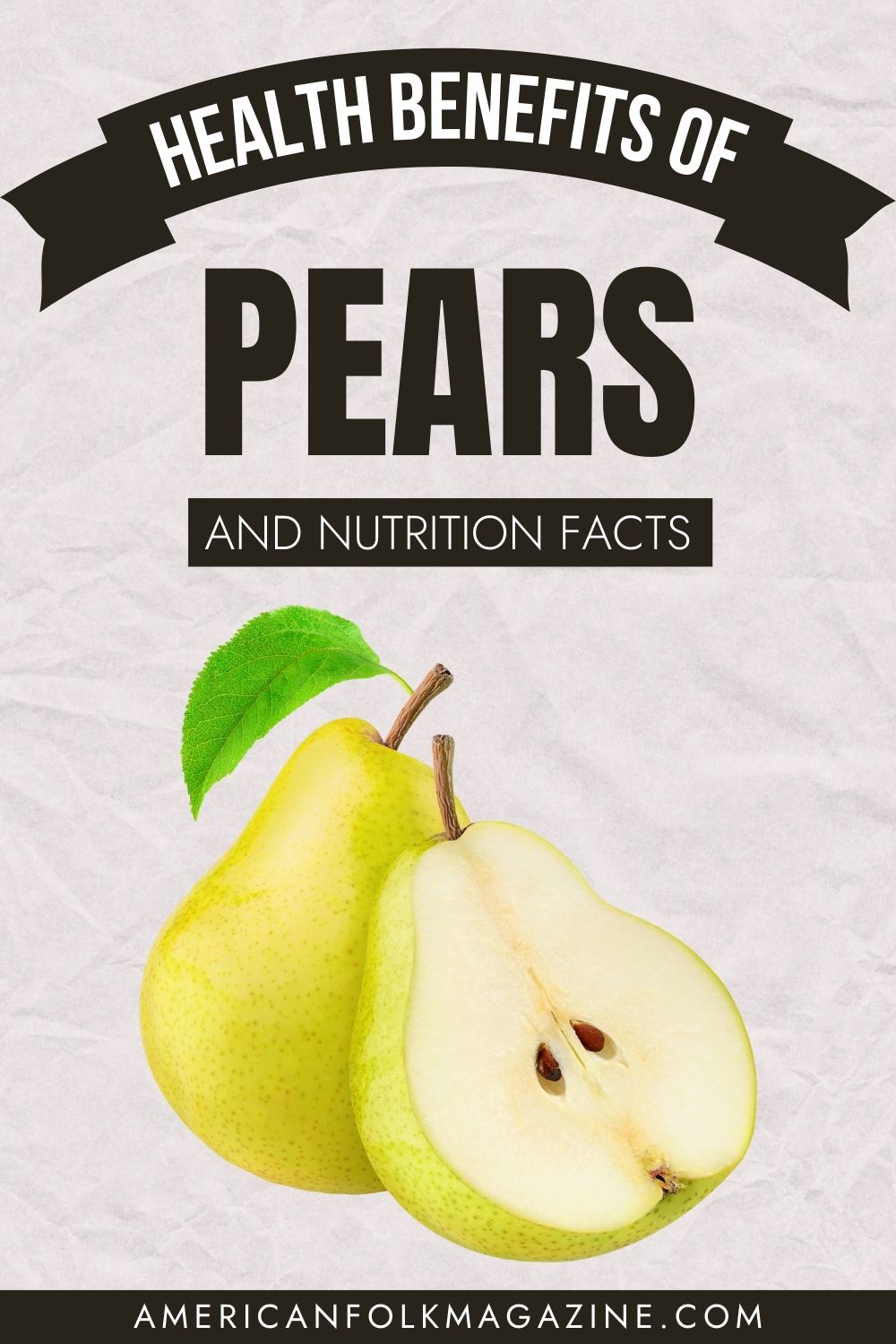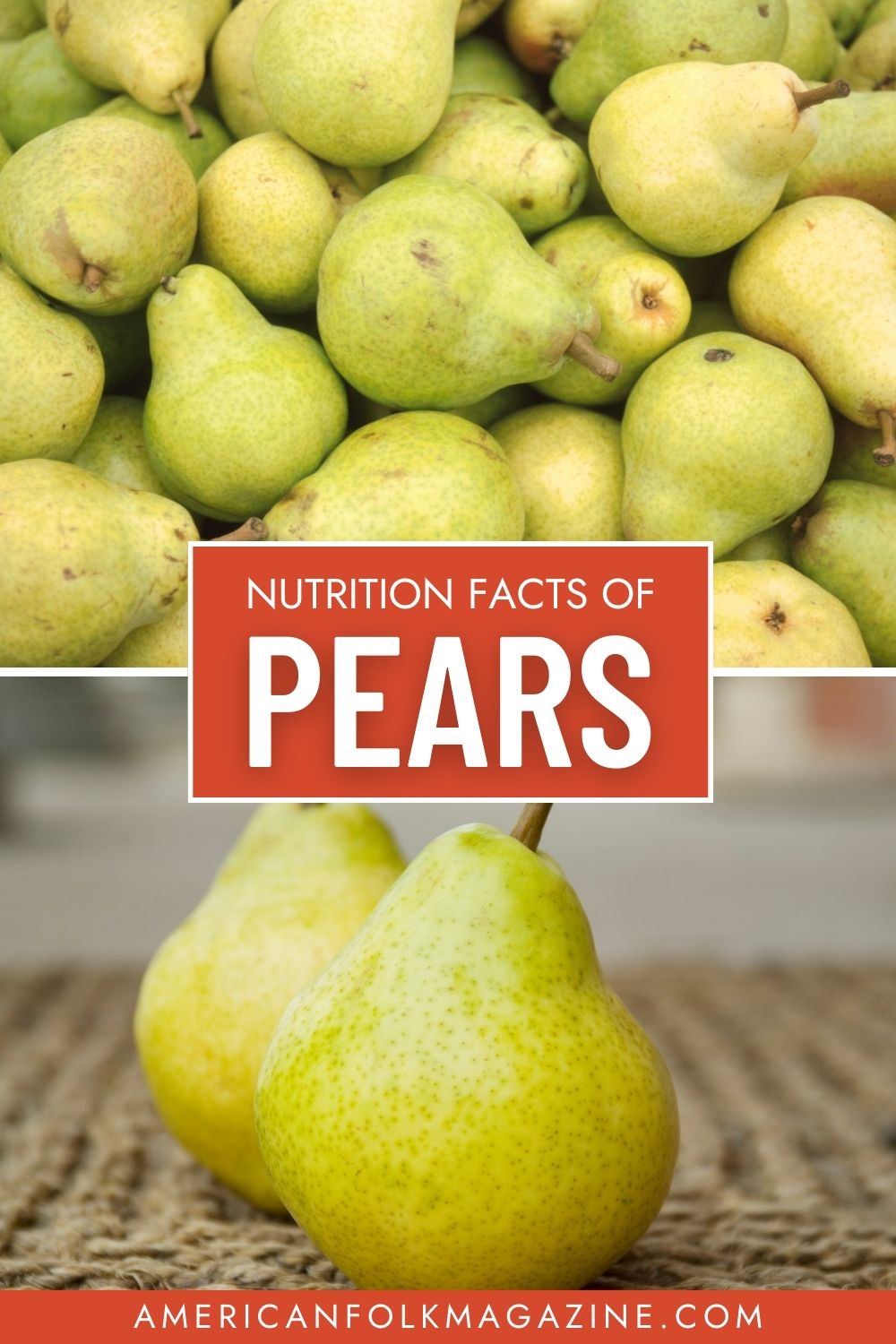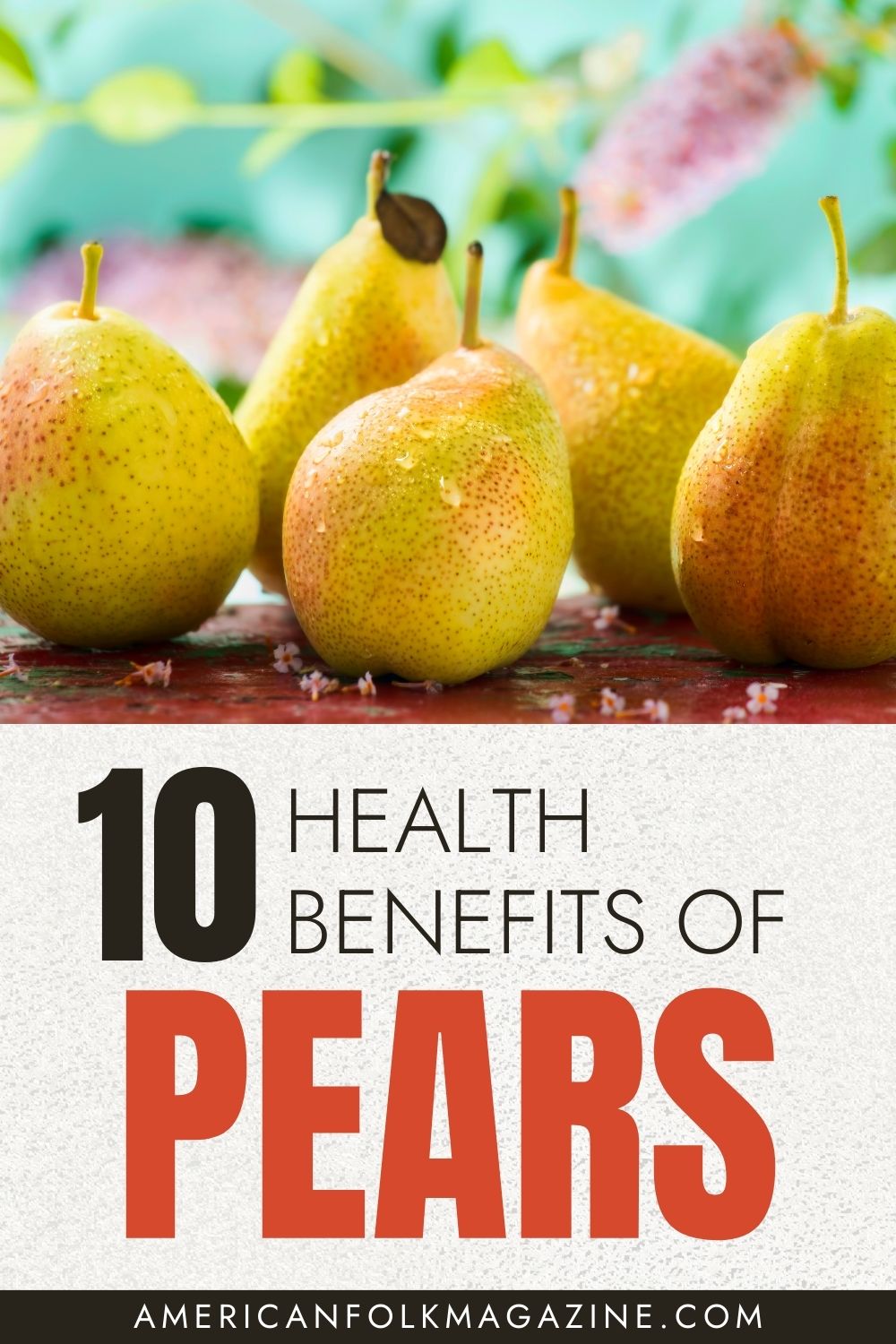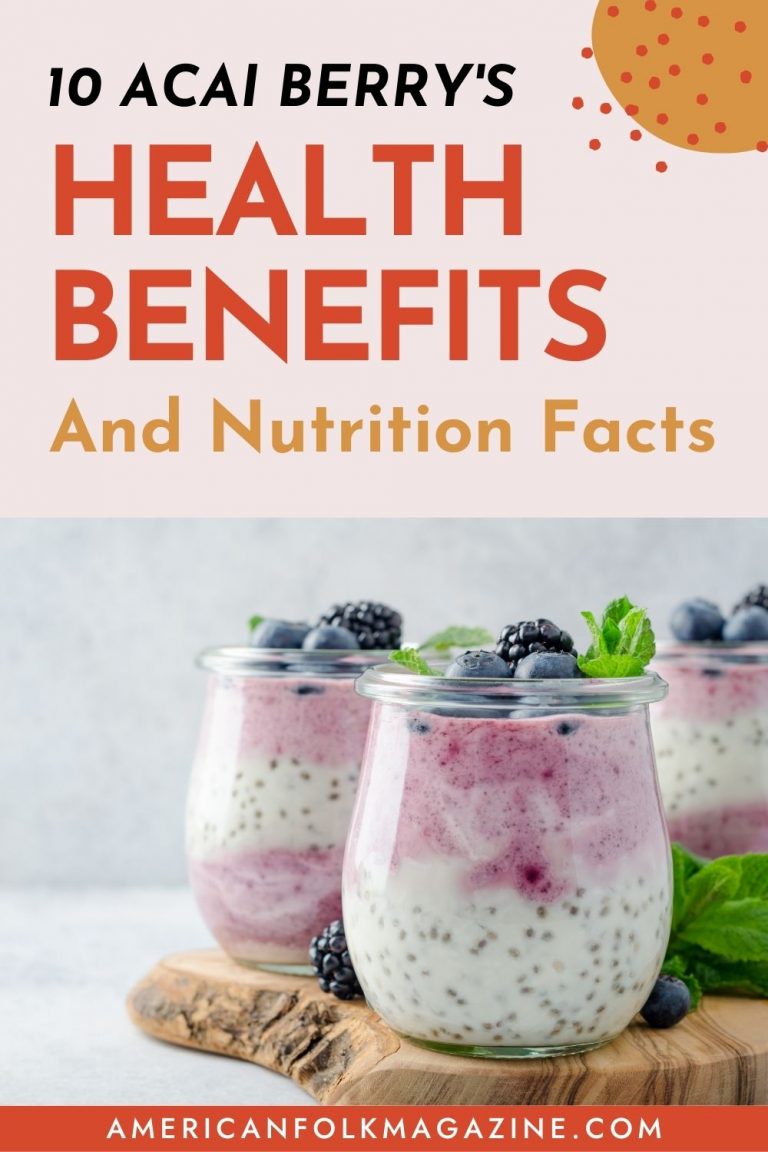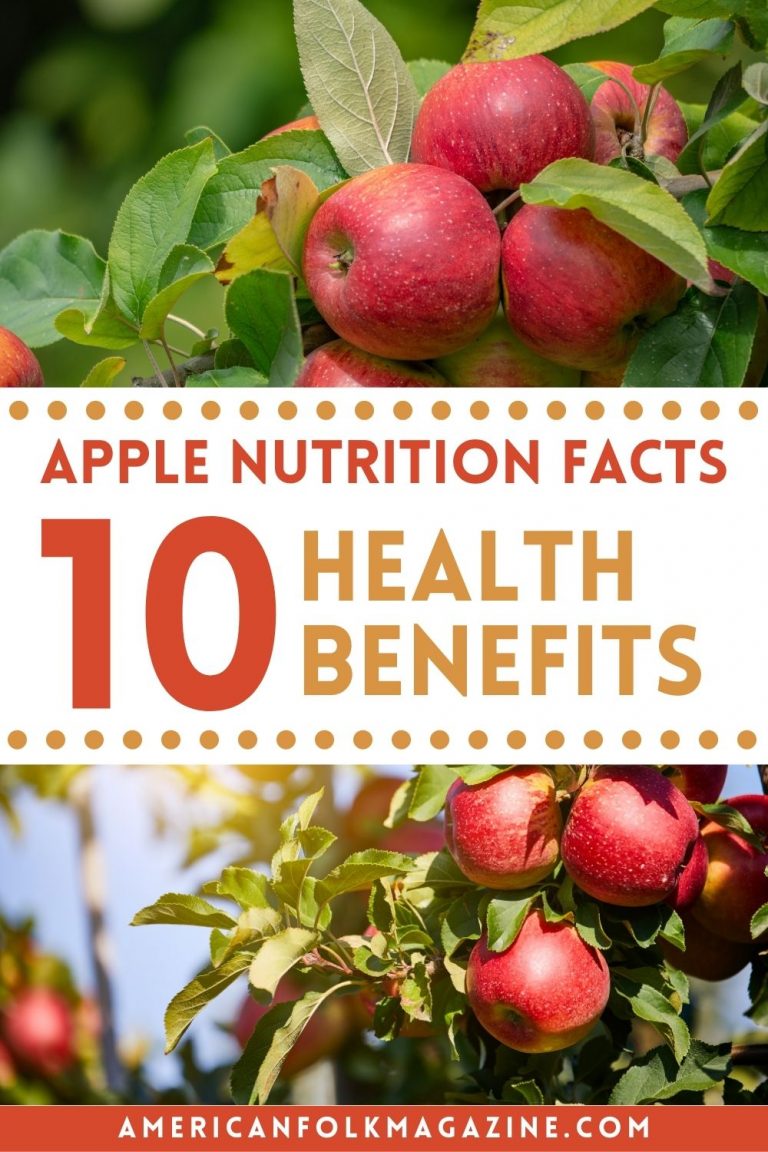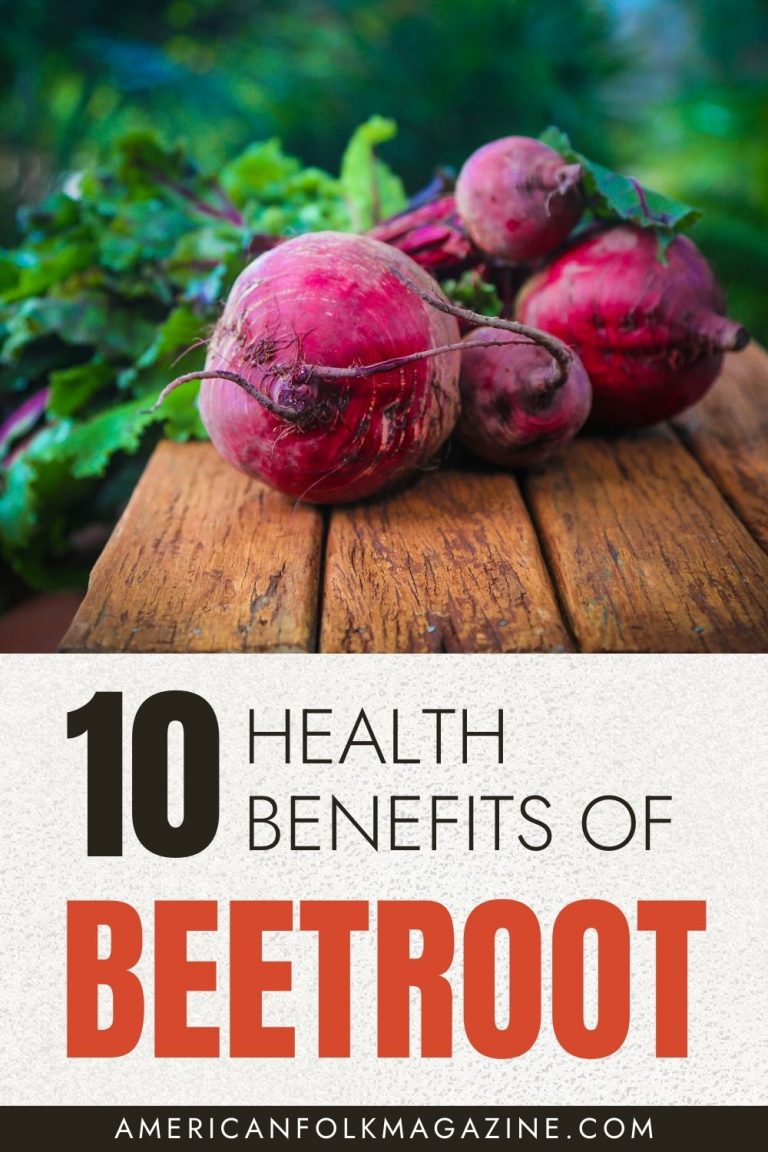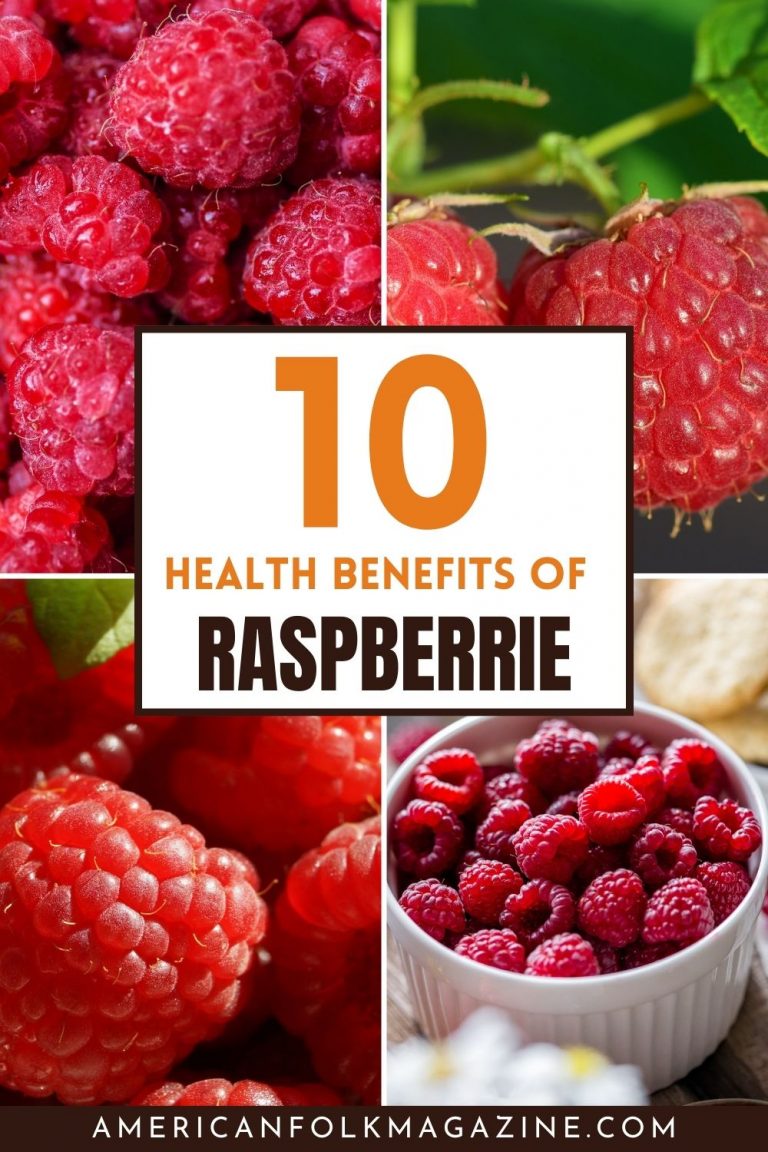Pears are a delicious and nutritious fruit that are often overlooked in favor of more popular fruits like apples and bananas. However, pears are packed with essential nutrients and health benefits that make them an excellent addition to any diet.
In this article, we will explore the top 10 health benefits of pears and provide a comprehensive overview of pear nutrition facts.
Understanding Pear Nutrition Facts
Pears are a delicious and nutritious fruit that can be enjoyed in a variety of ways. They are a good source of fiber, vitamin K, and potassium and are free from fat and cholesterol. In this section, we will take a closer look at the nutrition facts of pears to understand why they are so good for you.
The following table provides an overview of the nutrition facts for one medium-sized pear (178g) as provided by the USDA:
| Nutrient | Amount |
|---|---|
| Calories | 101 |
| Fat | 0.3g |
| Sodium | 1.8mg |
| Carbohydrates | 27g |
| Fiber | 5.5g |
| Sugars | 17g |
| Protein | 0.6g |
| Vitamin K | 7.8mcg |
As you can see, pears are relatively low in calories and fat but high in fiber and sugar. The fiber in pears can help regulate bowel activity and reduce the risk of gut-related conditions such as constipation and hemorrhoids. The sugar in pears is natural and can provide a quick source of energy.
In addition to fiber, pears are also a good source of vitamin K, which is important for blood clotting and bone health, and potassium, which can help regulate blood pressure and support heart health.
Overall, pears are a nutritious and delicious fruit that can be enjoyed as a snack, added to salads, or used in a variety of recipes.
10 Health Benefits of Pears
Pears are a delicious and nutritious fruit that are packed with essential vitamins, minerals, and fiber. Here are 10 health benefits of pears:
1. Digestive Health
Pears are an excellent source of fiber, which is essential for maintaining digestive health. The fiber in pears helps to regulate bowel movements, prevent constipation, and reduce the risk of colon cancer. Pears also contain sorbitol, a natural sugar alcohol that acts as a mild laxative and can help relieve constipation.
2. Heart Health
Pears are rich in antioxidants, which can help to reduce inflammation and protect against heart disease. The fiber in pears can also help to lower cholesterol levels and reduce the risk of heart disease. Pears are also a good source of potassium, which can help to regulate blood pressure and reduce the risk of stroke.
3. Weight Management
Pears are a low-calorie, low-fat, and low-sodium fruit that can help with weight management. The fiber in pears can help to keep you feeling full for longer, which can reduce the urge to snack between meals. Pears are also a good source of water, which can help to keep you hydrated and reduce the risk of overeating.
4. Diabetes Control
Pears are a low-glycemic index fruit, which means they can help to regulate blood sugar levels and reduce the risk of diabetes. The fiber in pears can also help to slow down the absorption of sugar into the bloodstream, which can help to prevent blood sugar spikes.
5. Cancer Prevention
Pears are rich in antioxidants, which can help to protect against cancer. The fiber in pears can also help to reduce the risk of colon cancer. Pears also contain hydroxycinnamic acid, a phytonutrient that has been shown to reduce the risk of stomach cancer.
6. Boosts Immunity
Pears are a good source of vitamin C, which can help to boost the immune system and protect against infection. The antioxidants in pears can also help to reduce inflammation and protect against chronic disease.
7. Improves Eye Health
Pears are a good source of vitamin A, which is essential for maintaining healthy eyesight. Vitamin A can help to prevent age-related macular degeneration and other eye disorders.
8. Skin Benefits
Pears are rich in antioxidants, which can help to protect the skin against damage from free radicals. The fiber in pears can also help to improve skin health by promoting regular bowel movements and reducing the risk of acne.
9. Promotes Bone Health
Pears are a good source of boron, a mineral that is essential for maintaining healthy bones. Boron can help to increase bone density and reduce the risk of osteoporosis.
10. Hydration Benefits
Pears are a good source of water, which can help to keep you hydrated and maintain healthy skin and hair. The water in pears can also help to regulate body temperature and prevent dehydration.
In summary, pears are a delicious and nutritious fruit that offer numerous health benefits. From digestive health to cancer prevention, pears are a great addition to any healthy diet.
How to Include Pears in Your Diet
Pears are a versatile fruit that can be enjoyed in many ways. Here are some ideas on how to include pears in your diet:
1. Eat Them Raw
Pears can be eaten raw as a snack or added to salads for some extra sweetness. One medium-sized pear contains about 100 calories, making it a great low-calorie snack option.
2. Add Them to Smoothies
Pears can be added to smoothies for a delicious and nutritious boost. They pair well with other fruits such as bananas, berries, and apples.
3. Bake Them
Pears can be baked into pies, tarts, and crisps for a warm and comforting dessert. They can also be grilled or roasted for a caramelized flavor.
4. Use Them as a Topping
Pears can be sliced and used as a topping for oatmeal, yogurt, or pancakes. They can also be added to sandwiches or wraps for some extra crunch and sweetness.
5. Make a Sauce
Pears can be cooked down into a sauce that can be used as a topping for ice cream or as a dip for fruit or crackers.
Overall, pears are a delicious and nutritious fruit that can be enjoyed in many different ways. Try incorporating them into your diet for some added health benefits.
References:
- https://www.medicalnewstoday.com/articles/285430
- https://www.healthline.com/nutrition/benefits-of-pears
- https://www.verywellfit.com/pears-nutrition-facts-calories-and-health-benefits-4114350
Pin It In Your Board
